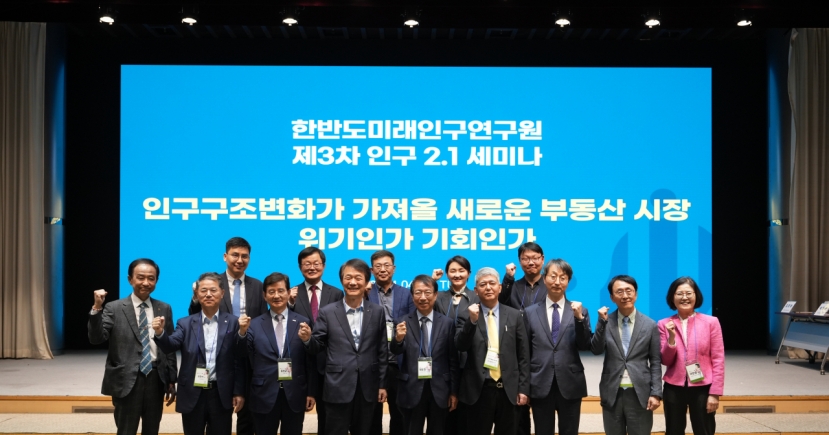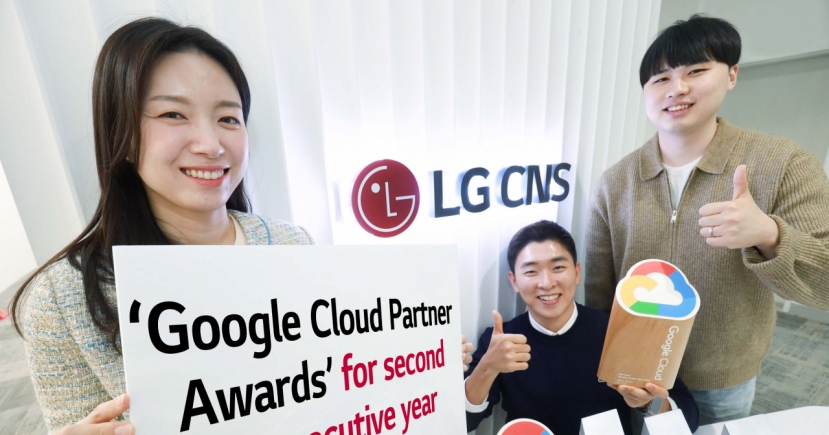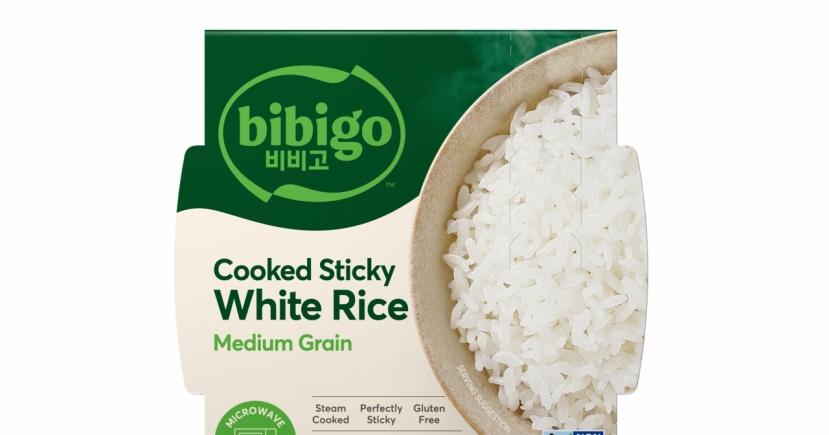Automobiles
[COLUMN] New considerations loom as Korean car brands strive to become more global
[THE INVESTOR] Globally, the car industry in 2017 is more competitive than ever due to market fluctuations, shifting demand from sedans to SUVs and predictions that US car sales have peaked. That said, Korean brands have done exceedingly well on a global scale. I see this trend continuing as Korean original equipment manufactures seek out top talent and adapt to changing conditions, even in an era of potential Trump protectionism.
Issues, some of which are rooted in culture, still can be troubling. For example, in regard to talent, the abrupt dismissal of a Korean carmaker’s top Western executive can draw considerable attention in the local market’s media and industry.
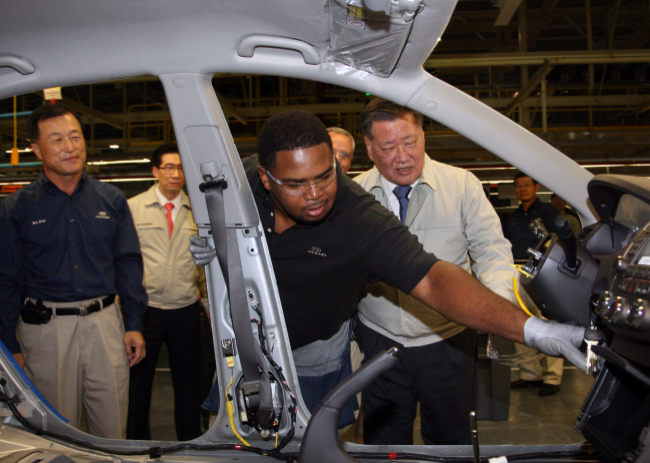 |
Hyundai Motor Group Chairman Chung Mong-koo visits the carmaker's US plant in Alabama. |
Sources say these sudden departures are most often due to a failure to meet sales goals set by the Seoul headquarters. As an expert in Korean corporate culture, including that of Korean car OEMs such as Hyundai Motor and Kia Motors, I feel we need to look at this more broadly and, perhaps, suggest some of the reasoning and causes.
First, tenure for top Korean senior C level executives, excluding chaebol family members, is usually just several years and, in some cases, not even a single year. The career path for long-term Korean employees is to continually move up the hierarchy through a narrowing pyramid, with fewer and fewer advancing to the highest levels. Logistically only a select few can achieve vice president level and an even smaller number can become president or CEO. Studies have shown the average Korean CEO is 58.8 years old, graduated from a prestigious university and took 25 years to get to the top. These executives recognize that at some point in their career they will be asked to retire and exit, allowing their juniors to advance. Most often these organizational changes occur during the end of year restructuring.
These practices align with norms of a collectivistic society and the Korean executive accepts the decision based on the group goals taking precedence over his or her individual objectives and desires. The goals and needs of the group supersede the comfort and satisfaction of the individual.
Following a somewhat different model, Korean overseas organizations have at times opted to assign a Korean to oversee the local OEM subsidiary. These employees work as expatriates for 3-5 years and then return to Korea for re-assignment, retirement or exit.
At other times Korean companies will hire seasoned western professionals for the top leadership positions. Local industry expectations are that the westerners will stay on the job for an extended period until they retire or move to another company. A gap occurs when Korean cultural expectations are that the western leader would only hold the job for at most five years.
While year-end restructuring with promotions, retirements and dismissals are accepted Korean business norms, timing for the departure of a key western leader can be an issue. In particular, with a year-end exit the holidays allow little if any progress on recruitment. Typically, companies, Korean or Western, are well into the new year before they can effectively interview candidates, review options, and consult with senior management before reaching such an important decision. Even if the search is internal, the process takes months.
What is concerning in today’s global market is a top proven leader of that caliber needed to head up a brand may be unwilling to accept a position so tied to achieving robust sales goals as well as being responsible for the overall business, when design, product mix and production targets are also set by the Korean HQ.
As a mentor and strategist to many in the West as well as South Korea, I do see some alternatives. Termination of senior leadership goes with business. However, as Korean car brands strive to become more global, deep consideration is needed to determine the best way executives should leave. With a well-managed process there is little damage to the brand, and the field is opened to the best potential candidates for the job.
By Don Southerton
Don Southerton is a trusted Korea-facing global business mentor, strategist and author. He writes and speaks frequently on Korean businesses. -- Ed.


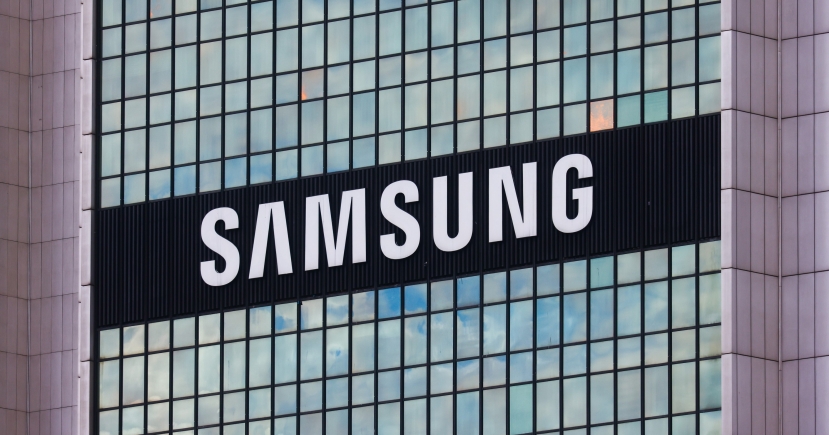
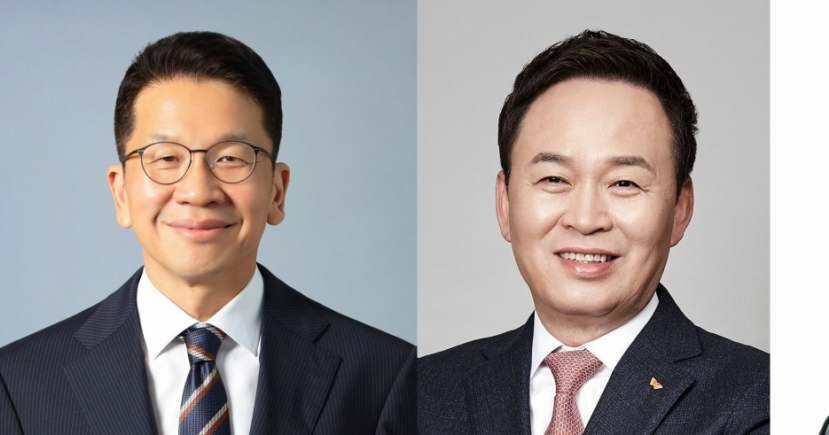
![[Exclusive] Korean military set to ban iPhones over 'security' concerns](http://res.heraldm.com/phpwas/restmb_idxmake.php?idx=151&simg=/content/image/2024/04/23/20240423050599_0.jpg)
